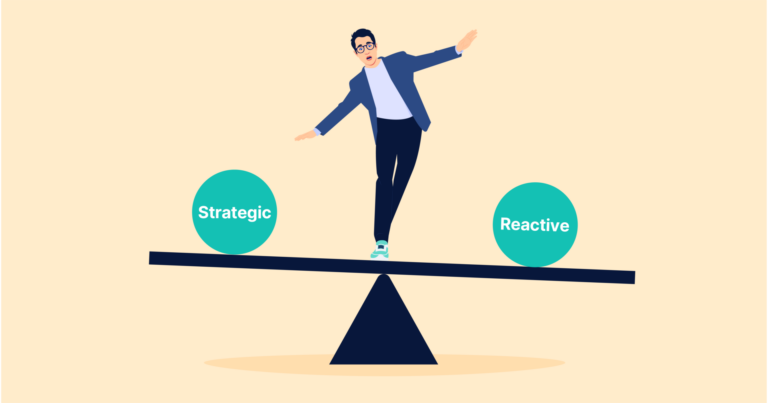

Yet the reality for many practising lawyers is that much of their daily work is spent on mundane and repetitive tasks, especially for juniors. Legal Artificial Intelligence (AI) systems stand to shake things up, as AI has the potential to automate low-value, high-frequency tasks and create efficiency.
Corporations have customarily sourced their legal services exclusively from elite law firms, but this is beginning to change. Over the past decade, technology has gradually improved and many tasks that did require outsourcing to firms can now be completed much more quickly with intelligent systems.
These AI systems are not advanced enough to make lawyers entirely redundant and likely never will be, rather they aim to create more efficient work practices. AI systems excel in automating the aspects of a legal task that are repeatable and require little thought, for example, machine learning can work quickly to find key pieces of information in emails, contracts, or other documents.
Where previously a team of junior lawyers would have manually reviewed documents for discovery, now they can use e-discovery systems that incorporate AI. These systems allow them to review a sample of the total set of documents and extrapolate their findings over the remainder. Due diligence for mergers and acquisitions is another area that benefits from AI, where previously lawyers would have manually read every contract, they can now use systems that ingest the contracts, automatically review each one, and flag those that are likely to contain risky clauses.
Cost savings from utilizing advanced legal software systems can be enormous when they’re applied to the right case, and so their availability has put more and more pricing pressure on the legal market. Consequently, law firms are having a tough time competing for spots on top corporate panels against competitors who are utilizing systems to drive down their prices. Barclays significantly changed how they conduct their panel review in 2018. “Being a good technical lawyer is now not enough,” says Stephanie Hamon, Barclays Managing Director and Head of External Engagement in the publication The End of the Panel Review.
Barclays now assess prospective legal service providers against a broad range of criteria such as innovation and diversity and other corporations are following their lead. Where previously, the competition was limited to other elite law firms, a study published by Worldwide Legal Research shows that corporations are extending invitations to a wider range of legal service providers including individual counsel, barristers’ chambers, and alternative legal service providers.
The Big Four are notoriously early adopters of up-and-coming technology. The Financial Times details that they have begun to make their weight felt in the legal tech space by handpicking executives from successful legal tech start-ups to join their ranks. This tactic is paying off, as in April, Deloitte won a position on Vodafone’s legal panel alongside the law firm Latham & Watkins. When discussing the adoption of legal tech in The Financial Times, David Edelheit, Chief Digital and Transformation Officer at UnitedLex, put’s it bluntly, “Legal professionals that hold on to the old way of doing things are offering up their lunch in the process.”
In this environment, law firms have little choice but to respond. 2021 has seen many top-tier law firms publicly invest in technology solutions, hire technology experts for new AI projects, or launch their own technology solutions. Allen and Overy have recently hired their largest cohort to date into their legal tech incubator, Fuse. Clifford Chance has set up their own suite of automated documents to help startups with their legal solutions and Baker McKenzie is hiring experts in machine learning and the law to lead a project with their AI partner Spark Beyond. These ventures are much more than virtue signaling, they are a real investment in technology and they present real opportunities for commercially minded lawyers to change the legal landscape.
A legal services team that hasn’t explored technology, and consists entirely of traditional lawyers will be ill-equipped to implement a complex data-driven system. Just as we’ve adapted in-house teams to use new systems and to work more closely alongside colleagues in other business units, the most efficient legal service providers have a diverse team of technologists, project managers, data scientists, software developers, and solution engineers who work alongside the lawyers. The value of these professionals lies in their skill-set and ability to rethink legal processes, implement intelligent systems, and manage legal projects at scale.
Lawyers will always be the critical component of legal teams, but because the ambit of legal services is now far broader, they need to develop a different set of skills to those that they had previously. R Amani Smathers writes about the transformation from ‘I-shaped’ to ‘T-shaped’ lawyers. “Twentieth-century lawyers were ‘I-shaped’, they had deep legal knowledge and skills – but 21st-century lawyers must be ‘T-shaped.’ A T-shaped lawyer still has deep legal expertise but also can collaborate across many disciplines, such as technology, business, analytics, and data security.”
Communicating across domains is challenging, and so throwing together a bunch of lawyers and a couple of technologists at the last minute won’t produce the best results. Rather, lawyers and technologists need to listen to one another. For instance, creating a process that is more compelling and efficient than your competitors’ needs a lawyer who can explain how a legal process works to a technologist, who can then map the process, and find the parts which can be automated, and find the best tools to do so. While a lawyer doesn’t need to know the inner workings of a software system, and a software engineer doesn’t need to know how the regulation applies to a particular use case, to deliver a seamless service both need to build up a basic understanding of the other’s domain. It’s only by this type of collaboration that teams will be equipped to deliver a sustainable solution at a competitive price point.
Becoming a ‘T-shaped’ and technology-able lawyer has never been easier. For lawyers working in-house, a good first step is to spend some time talking to people in other areas of the business such as marketing, sales, strategy, or data. Ask about the tools they use, and how they implemented them. Connect with the legal tech community by following some legal tech thought leaders on LinkedIn or Twitter, and do some research into the types of legal tech systems that are available. A great place to start is by following Artificial Lawyer which has excellent coverage of key legal technology players and events. Another fantastic resource is Legal Evolution which has a wealth of high quality and well-informed content on the state of the market.


